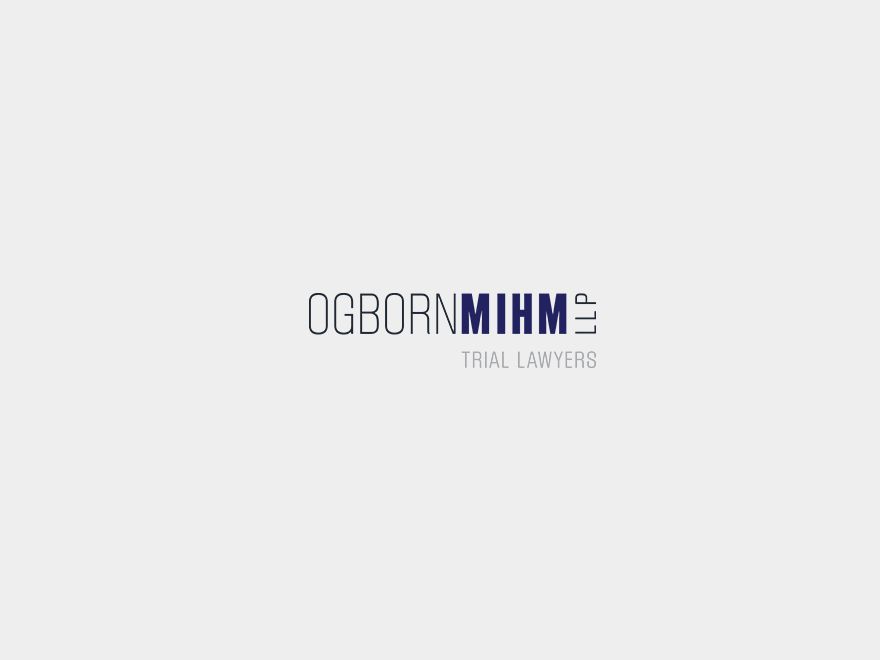The False Claims Act contains a newly broadened anti-retaliation provision that protects whistleblowers who take actions in furtherance of a Qui Tam action, or in an attempt to stop one or more violations of the False Claims Act. This essentially means that employees and others are protected when they collect information in preparation for a Qui Tam lawsuit as a relator, and when they internally blow-the-whistle on what they reasonably believe to be violations of the FCA. Importantly, courts have clarified that generally whistleblowers need not be correct in their reasonable belief, in order to be protected from retaliation.
Although False Claims Act retaliation claims are often brought as part of a Qui Tam action, it is also possible to bring a retaliation claim independent of a Qui Tam lawsuit. Recently, I was successful in the trial court level in pursuing a False Claims Act retaliation claim, independent of a Qui Tam lawsuit.
The case was U.S. ex rel Todd v. Fidelity et al., in the U.S. District Court for the District of Colorado. On March 13, 2015, the court in that case denied the defendant’s motion for summary judgement, agreeing with the whistleblower plaintiff, represented by attorneys at Ogborn Mihm, LLP, in Denver, Colorado, that it is not necessary to show an actual violation under the False Claims Act (FCA) for a whistleblower’s actions to be protected under the FCA’s anti-retaliation provision.
After dismissal of the Qui Tam portion of the lawsuit, the defendants in that case argued that the whistleblower could not establish a viable claim for retaliation based on the fact that he had not been able to show any violations of the FCA. However, the whistleblower, through his attorney, Clayton Wire of Ogborn Mihm LLP, successfully argued that it is not necessary to show an actual violation under the FCA for a whistleblower to be protected.
The trial court agreed that a whistleblower must only have conducted an investigation that implicated illegal activities that would constitute fraud on the United States, and taken actions to warn the employer of regulatory noncompliance and false reporting to a government agency. The court went on to say that Todd, the whistleblower, had satisfied these requirements. They confirmed the ruling of 10th Circuit case Ramseyer and U.S. Supreme Court case Graham, stating that a successful retaliation claim does not rely on a successful subsequent Qui Tam action. Whistleblowers are protected under section 3730(h) for efforts to stop “potential FCA violations.”
The court agreed that the correct test to determine protected activity is whether the employee, in good faith, believes, and a reasonable employee in the same or similar circumstances might believe, that the employer is committing fraud against the government, regardless of whether actual violations existed or whether the entity was truly a government entity.
The defendant also argued for a generally applicable, 2-year statute of limitations under Colorado law. However, the whistleblower’s attorneys successfully showed that the three-year statute of limitations expressed in the Federal False Claims Act FERA amendment is the correct standard for claims that were not yet stale at the time of amendment.







